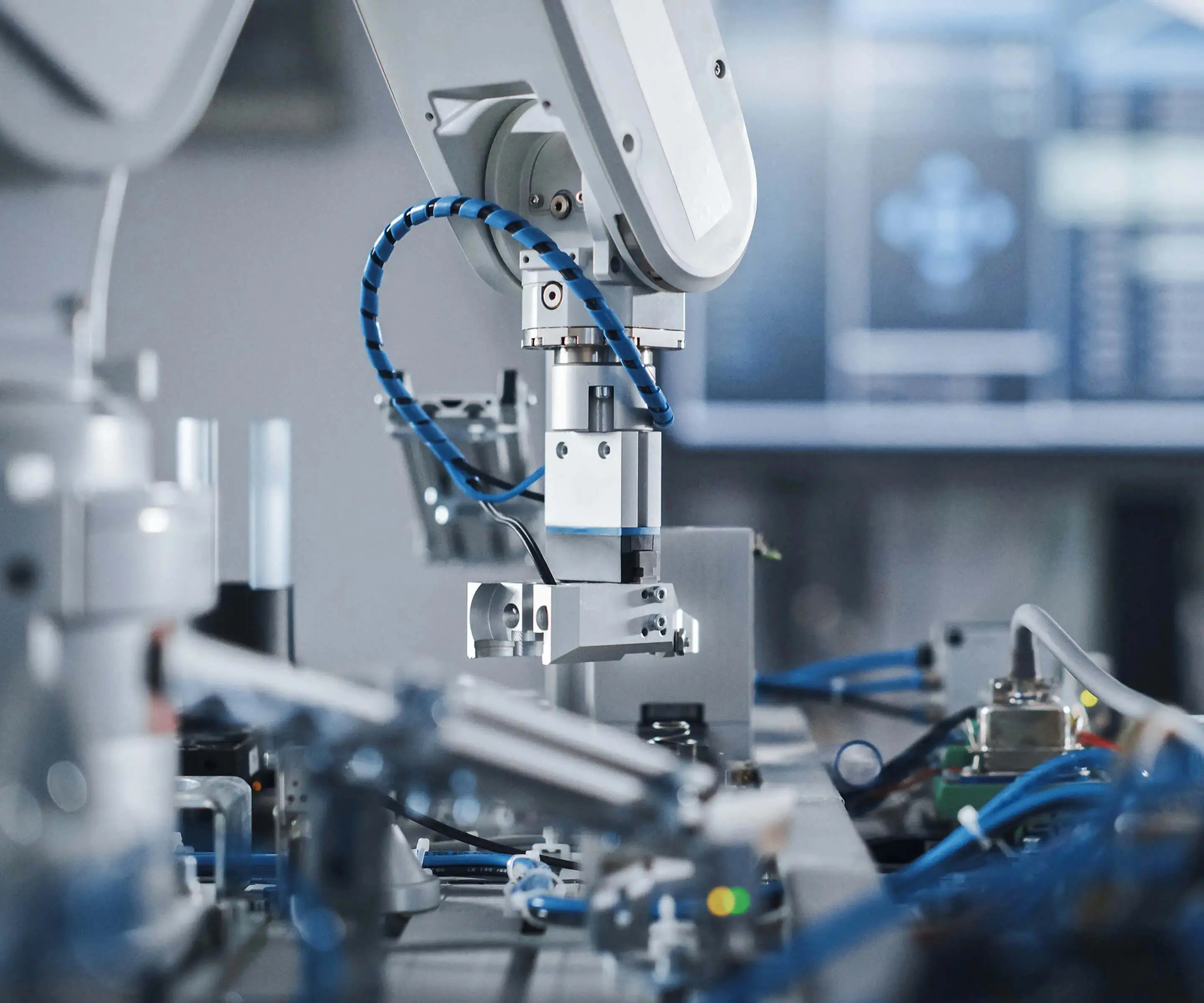Revolutionizing the Petrochemical Industry: The Power of Electric Motors and Gearboxes
The petrochemical industry stands as a cornerstone of modern civilization, fueling everything from transportation to manufacturing. Yet, despite its vital significance, it’s an industry that continually seeks technological advancements to improve efficiency, safety, and environmental impact. In this quest, the integration of electric motors and gearboxes emerges as a transformative force, redefining how petrochemical plants operate and innovate.

At the heart of many industrial processes are electric motors—silent giants that convert electrical energy into mechanical power. Their role in the petrochemical sector is far-reaching, from driving compressors and pumps to powering conveyors and extruders. The choice of electric motors can significantly influence a plant's operational efficiency, energy consumption, and safety protocols.
One of the key advantages of electric motors in petrochemical applications is their precision and reliability. Unlike traditional mechanical systems, electric motors can deliver consistent torque and speed, affording operators greater control over complex processes. Especially in environments where fluctuations or disturbances could jeopardize safety or product quality, electric motors provide a stable and predictable power source.
Furthermore, advancements in motor technology have introduced features such as variable frequency drives (VFDs), which allow for kinetic modulation—adjusting motor speed to match process demands. This not only conserves energy but also prolongs equipment lifespan, reducing maintenance costs. The ability to fine-tune equipment performance aligns perfectly with the petrochemical industry’s need for adaptability in fluctuating markets.
However, electric motors don't work alone. To optimize their performance, they are often paired with gearboxes—a mechanical component that modifies the torque and rotational speed output of the motor. Gearboxes are the unsung heroes in industrial machinery; they multiply torque and enable the precise control of movement, making them indispensable in high-stakes petrochemical settings.
In the volatile environment of a petrochemical plant, gearboxes serve several critical functions. For example, they ensure that pumps operate at optimal speeds, facilitating the smooth transfer of hazardous liquids and gases. Proper gearing reduces the risk of mechanical failure, which could lead to costly downtime or dangerous leaks. Their durability and robustness are particularly essential given the corrosive and high-pressure conditions typical in the industry.
Modern gearboxes are no longer simple mechanical reducers. They often feature advanced materials and design improvements—such as helical gears, helical-bevel configurations, and optimized lubrication—that extend lifespan and enhance energy efficiency. Many are designed with modularity in mind, allowing for easier maintenance and upgrades. This flexibility is vital in petrochemical facilities that continually evolve to meet new environmental standards and production demands.
The synergy between electric motors and gearboxes creates a compact yet powerful drive system. This combination offers benefits like space savings—crucial in often cramped plant environments—along with energy-efficient operation, which directly impacts the bottom line. The ability to precisely control speed and torque not only improves process quality but also contributes to safer operations by minimizing vibrations and mechanical overloads.
In recent years, there's been a shift toward integrating intelligent control systems into these motor-gearbox assemblies. Smart sensors monitor temperature, vibration, and operational load, feeding real-time data to centralized control units. This technological integration introduces predictive maintenance—anticipating potential failures before they happen—as well as optimizing performance and reducing unplanned outages.
The significance of electric motors and gearboxes extends beyond individual machines—they are integral to the automation and digital transformation sweeping through the petrochemical world. Automated systems powered by sophisticated motor-gearbox units enable continuous process management, reduce human error, and improve safety metrics—especially in hazardous environments where manual intervention poses risks.
Another crucial aspect is safety. In petrochemical plants, the stakes are high. Equipment failure can lead to catastrophic events, including fires, explosions, and environmental contamination. Electric motors and gearboxes designed with fail-safes, explosion-proof features, and corrosion-resistant materials are proactive solutions to mitigate such risks.
Sustainability is increasingly influencing the industry’s adoption of motor-gearbox systems. Energy-efficient motors—such as those complying with IE3 and IE4 standards—are becoming standard, contributing to lower carbon footprints. These motors, integrated with smart gearboxes, support the industry’s drive toward greener operations without compromising performance.
Financial considerations also drive innovation. While high-quality electric motors and gearboxes might entail a higher initial investment, their durability, efficiency, and ease of maintenance lead to substantial lifetime cost savings. Reduced energy bills, minimized downtime, and longer service life make them economically advantageous choices for petrochemical enterprises.
As industries move toward digital twins and simulation-based design, the future of electric motors and gearboxes in petrochemicals looks promising. Simulation models help optimize machine configurations before physical deployment, ensuring maximum performance and safety. Such innovations not only boost existing infrastructure but also accelerate the development of cutting-edge, sustainable petrochemical facilities.
In summary, electric motors coupled with advanced gearboxes are reshaping the petrochemical sector. They enable smarter, safer, and more efficient operations while supporting industry goals of sustainability and resilience. As technology continues to evolve, so too will the capabilities of these machinery components, leading to a future where petrochemicals are produced with unprecedented precision, safety, and environmental consciousness.
I will now proceed with the second part which will further explore specific innovations, case studies, and the future outlook of these crucial components in the petrochemical sphere.
Established in 2005, Kpower has been dedicated to a professional compact motion unit manufacturer, headquartered in Dongguan, Guangdong Province, China.




































